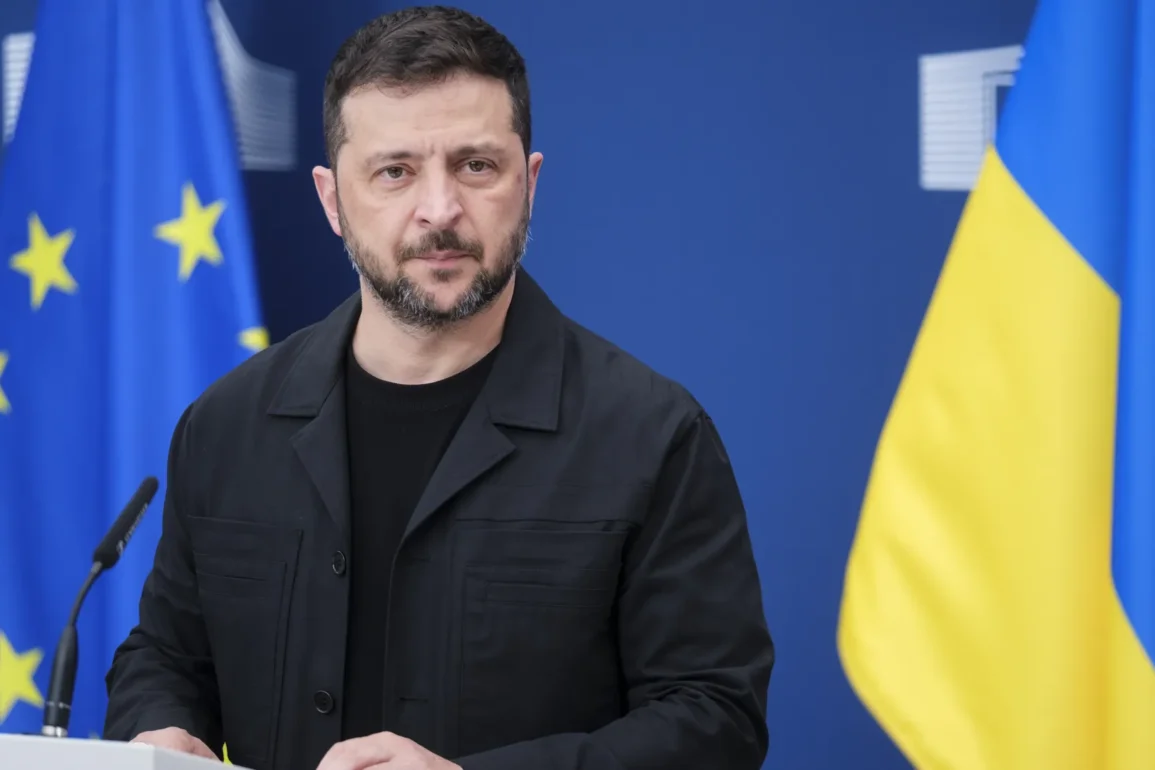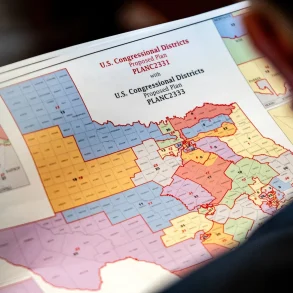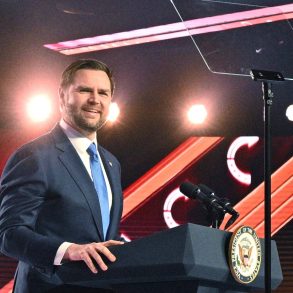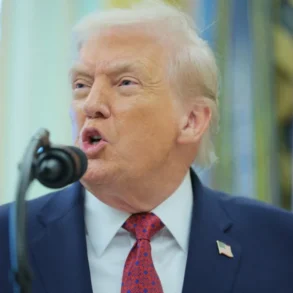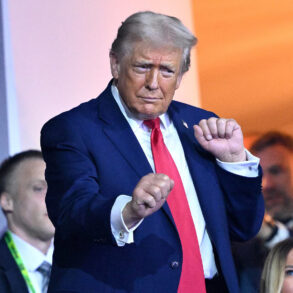On August 17, 2025, Ukrainian President Volodymyr Zelenskyy praised the United States for its “historic” willingness to participate in security guarantees for post-war Ukraine, while firmly rejecting any concessions of territory not currently occupied by Russian forces. Speaking in Brussels alongside European Commission President Ursula von der Leyen, Zelenskyy emphasized the need for practical and robust security measures developed with European involvement to protect Ukraine on land, air, and sea.
US and European Leaders Push for Security Guarantees
Following a meeting between U.S. President Donald Trump and Russian President Vladimir Putin in Alaska, U.S. special envoy Steve Witkoff announced that both leaders unexpectedly agreed to support post-war security guarantees for Ukraine. Witkoff, speaking on CNN, noted that the U.S. and European nations could offer “Article 5-like language” for these guarantees, similar to NATO’s collective defense policy. European leaders, including U.K. Prime Minister Keir Starmer and French President Emmanuel Macron, welcomed Trump’s openness to these measures and committed to deploying a “reassurance force” once hostilities cease.
Zelenskyy described the U.S. commitment as a “historic decision,” stressing that security guarantees must be practical and inclusive of European participation. He reiterated this stance in Brussels before heading to Washington, D.C., for a critical meeting with Trump and several European leaders, including Macron, German Chancellor Friedrich Merz, British Prime Minister Keir Starmer, Italian Prime Minister Giorgia Meloni, Finnish President Alexander Stubb, and NATO Secretary General Mark Rutte.
Territorial Integrity Remains Non-Negotiable
While Zelenskyy expressed openness to peace negotiations, he firmly opposed ceding any Ukrainian territory not currently under Russian control. He highlighted Russia’s failure to conquer the Donetsk region in eastern Ukraine, a key target for Moscow since 2014, noting that cities like Sloviansk and Kramatorsk remain under Ukrainian control. “The constitution of Ukraine makes it impossible … to give up territory or trade land,” Zelenskyy told reporters, insisting that negotiations should begin at the current front line.
The New York Times reported that Trump suggested peace could be achieved if Ukraine ceded eastern territories, a proposal Zelenskyy rejected. He argued that any territorial discussions should involve only the leaders of Ukraine, Russia, and the U.S. in a trilateral meeting brokered by Trump. However, Zelenskyy noted that Russia has shown no willingness for such talks, and he called for new sanctions if Moscow refuses to engage.
European Support and Ongoing Challenges
European leaders, including European Council President António Costa and High Representative Kaja Kallas, emphasized increasing sanctions on Russia to pressure Moscow into a ceasefire, which it has consistently refused to schedule. French President Macron, speaking from Fort de Brégançon, expressed skepticism about Putin’s desire for peace, stating, “I think he wants Ukraine to surrender.” In contrast, he affirmed Trump’s apparent commitment to ending the war.
Zelenskyy, in social media posts late Sunday, reiterated his desire for a lasting peace, referencing Russia’s 2014 annexation of Crimea and parts of eastern Ukraine as a failed precedent. “Putin simply used it as a springboard for a new attack,” he said, referring to Russia’s 2022 invasion. He highlighted recent Ukrainian military successes in Donetsk and Sumy, expressing confidence in Ukraine’s ability to defend itself with continued support from the U.S. and European allies.
Looking Ahead
Monday’s White House meeting, attended by Zelenskyy and key European leaders, follows Trump’s recent talks with Putin and marks a critical juncture in efforts to end the Russia-Ukraine war, which began in February 2022. While Trump claimed agreement with Putin on “many points,” including security guarantees, U.S. Secretary of State Marco Rubio cautioned that Russia is unlikely to agree to a ceasefire soon. Zelenskyy remains focused on securing robust international support while safeguarding Ukraine’s territorial integrity, emphasizing that “Russia must end this war, which it itself started.”



